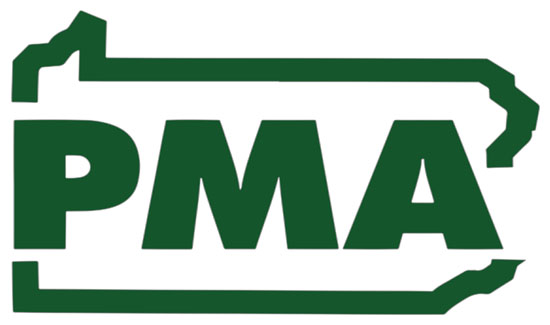Environmental Extremists Threaten Pennsylvania’s Energy Leadership

The all-out assault on Pennsylvania’s world-class energy industry by a small, yet increasingly vocal, group of rabid environmentalists is what keeps state Sen. John Yudichak (I-Luzerne/Carbon) up at night. The economic fallout from recently cancelled or stalled natural gas projects suffocated by litigation from the far left is already unfolding before us, he warns, and it’s only going to get worse.
“Five economic development projects tied to Pennsylvania’s robust natural resources have been shut down by environmental extremists and their allies in the legislature over the last three years,” Yudichak said. “Communities across Pennsylvania have lost over $5 billion in economic development opportunities and millions of dollars in state and local tax revenue. And the Pennsylvania Building and Construction Trade Unions have been denied millions of work hours that would have provided good paying jobs to thousands of union families.”
Their actions threaten our national security as well, he adds. Undermining our energy industry plays right into the hands of our global adversaries, Russia and China, who are more than happy to jump in and fulfil the world’s energy needs.
“Just look what’s going on in Europe right now,” Yudichak said. “They turned away from natural gas and are facing triple the utility costs, blackouts, and factory shutdowns, and are now more dependent on Russia for the shipment of natural gas.”
Even if wind, solar, and other alternative energy sources could match the affordability and reliability of traditional energy, we would remain dependent on foreign sources for our energy needs.
Testifying recently before a joint Senate committee hearing, PMA President & CEO David N. Taylor drew up the stark contrast between producing our own energy and relying on hostile foreign powers.
“Imported energy is not only that which is physically brought in from outside the country, like tankers of petroleum or liquefied natural gas,” Taylor told members of the committees on Community, Economic, and Recreational Development and on Environmental Resources and Energy. “Energy production that requires nonnative inputs like rare earth minerals is also imported because without those foreign inputs we can’t generate our own power. There is no difference between being dependent on OPEC for oil and being dependent on China for rare earth minerals for solar panels and wind turbines.”
“The dictatorship in Beijing,” he continued, “dominates the mining and distribution of rare earth minerals and holds an actual monopoly on the refining of rare earths, which is highly polluting and ripe with exploitation. The U.S. buys all our rare earths from China. Even if we found and mined enough of these minerals here, which we don’t, we would still have to send them to China for processing.”
In Pennsylvania, the projects abandoned or suspended include the PennEast pipeline that would have created an estimated 12,000 jobs and a $1.5 billion upgrade at U.S. Steel’s Mon Valley works that would have created 1,000 construction jobs. Both projects, Yudichak said, were “besieged by endless litigation from environmental zealots and outright opposed by activist legislators, who want to stop the creation of any job connected to the natural gas industry.”
Residential consumers and small businesses will suffer as well. Heating costs for the average homeowner are predicted to rise 54 percent this winter, putting some lower income and middle-income families in the dreaded predicament of choosing between food, heat, and medicine.
Adding to the madness of the anti-energy campaign is the fact that Pennsylvania is leading the U.S., which in turn is leading the world, in emission reductions over the past ten years. Pennsylvania has led a reduction of CO2 emissions in the United States by 758 million metric tons – more than any country in the world, and nearly matching the entire CO2 reductions for all of Europe. Over the same period, Yudichak notes that our economic competitors, like China, have increased CO2 emissions by over 80 percent.
“It used to be that we – labor, industry, and environmentalists – could sit in a room and find some middle ground,” Yudichak said. “But the negotiations are over. Now the environmentalists set their demands, and we’re supposed to follow them.”
Gov. Tom Wolf has adopted the playbook by the radical minority by trying to force Pennsylvania into a cartel of Northeastern states in the Regional Greenhouse Gas Initiative (RGGI), that will tax the coal industry into oblivion. The move is in direct opposition to the wishes of the state legislature, labor, industry, and even three of the governor’s own advisory panels.
At a Capitol press conference last week, Yudichak said that one of the most disturbing things he’s ever heard was from a small group of extremists shouting down the speakers at a press conference held a year before, one highlighting Act 66, the manufacturing tax credit program. Standing behind him then, just as last week, were union workers fighting for their jobs.
“They were shouting ‘your jobs don’t matter,’” Yudichak said. “I can’t imagine anything more disrespectful then telling the men and women who build the infrastructure that makes all facets of modern life possible that they don’t matter.”






